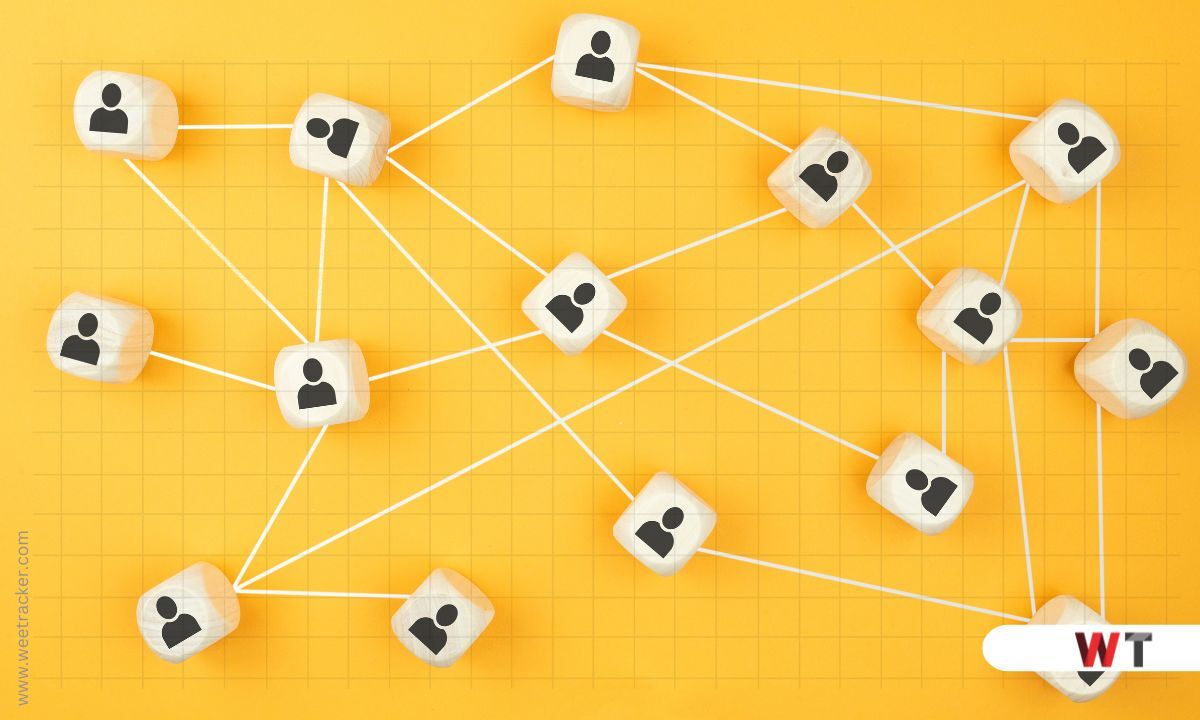Nigeria’s Telecom Sector Sees Resurgence as Internet Subscribers Climb to 134 Million in October

The Nigerian Communications Commission (NCC) has reported a remarkable rebound in Nigeria’s telecommunications sector, with mobile internet subscriptions climbing to 134.78 million in October 2024.
The figure represents a 1.88 million growth from the 132.9 million subscribers recorded in September 2024.
Driving this resurgence was a steady uptick in mobile subscriptions, with GSM services alone accounting for 134.27 million subscribers in October. While fixed wired and VoIP services held a smaller slice of the pie, mobile connectivity remained the backbone of Nigeria’s digital landscape. Notably, all major telecom operators, except for 9mobile, reported gains in internet subscriptions, underscoring a broad-based recovery.
Among the telecom giants, MTN Nigeria led the charge, adding 1.13 million internet subscribers to reach a total of 69.52 million—up from 68.39 million in September. Airtel followed closely, expanding its internet user base by 678,219, climbing from 44.79 million to 45.47 million. Globacom also showed progress, with an increase of 184,887 subscribers, pushing its total to 17.10 million. On the other hand, 9mobile faced a setback, losing 125,780 internet users to end the month at 2.16 million.
Meanwhile, the overall sector’s telephony services experienced an impressive boost. The NCC reported a total subscription base of 157.37 million in October, an increase of 2.69 million from the previous month.
MTN retained its dominance with 80.37 million subscribers, followed by Airtel at 54.44 million, Globacom at 19.10 million, and 9mobile at 3.33 million.
The recovery followed an NCC audit earlier in the year that saw mobile subscriber numbers plummeting after the regulator uncovered significant inaccuracies in reported subscriber figures.
The audit removed 64.37 million lines from the national subscription base between March and September 2024 after a major operator was found to have incorrectly reported around 40 million inactive subscribers as active, inflating industry statistics in violation of NCC guidelines. Many lines were also deactivated due to the completion of the Subscriber Identification Modules (SIMs) and National Identification Number (NIN) linkage exercise.
The resurgence in mobile subscriptions has been mirrored by a significant rise in internet usage. Data consumption hit a record 870,398.28 terabytes (TB) in October, representing a 28.9% increase from the 675,250.54 TB reported in October 2023.
Broadband penetration also rose to 42.24% from 41.56% in September, driven by the dominance of 4G networks, which now account for 46.27% of total subscriptions. Other network technologies contributed as follows: 2G at 42%, 3G at 9.40%, and 5G at 2.33%.
A major catalyst for this surge has been the proliferation of affordable smartphones. Entry-level models from Chinese brands like Transsion and Xiaomi have made digital connectivity more accessible, even in a challenging economic environment marked by significant naira depreciation. The International Data Corporation (IDC) reported a 1% growth in Nigeria’s smartphone market during the third quarter of 2024, highlighting the resilience of this vital segment.
However, the growth story isn’t without its challenges. The GSMA, a global body for telecom operators, estimates that 120 million Nigerians still lack access to mobile internet, particularly in rural areas where digital infrastructure remains underdeveloped
But as smartphone adoption grows, it will continue to be a driving force behind the sector’s expansion. Subscriptions, data usage, and broadband penetration are all poised to rise further as more Nigerians gain access to affordable devices.